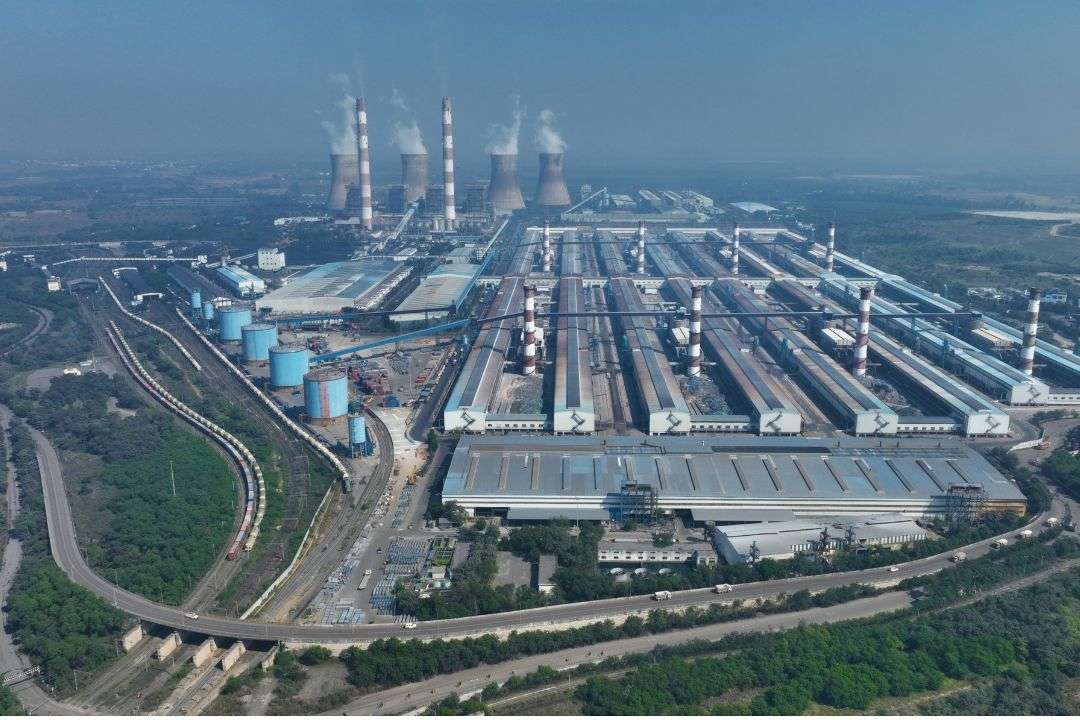Vedanta Aluminium, the country’s largest aluminium producer, has welcomed the signing of the India–UK Comprehensive Economic and Trade Agreement (CETA), describing it as a milestone for the aluminium trade. Vedanta Aluminium CEO Rajiv Kumar and BALCO CEO Rajesh Kumar represented the Aluminium Association of India (AAI) at a webinar hosted by the Ministry of Mines.
The session, chaired by VL Kantha Rao, Secretary, Ministry of Mines, brought together industry leaders from the Aluminium Association of India, Federation of Indian Mineral Industries, Aluminium Secondary Manufacturers Association, and Material Recycling Association of India. Discussions centred on the trade benefits under CETA, which includes India reducing tariffs on 90% of UK products and the UK easing duties on 99% of Indian exports.
The India–UK Comprehensive Economic and Trade Agreement (CETA) is set to significantly reshape bilateral trade by reducing barriers and unlocking new market opportunities. It aims to double trade volumes between the two nations, rising from the current $56 billion to $112 billion by 2030. A key provision of the agreement is the zero-duty access for the majority of Indian exports, a move that is expected to give a strong push to the “Make in India” initiative by making Indian goods more competitive in the UK market.
Beyond tariff benefits, the pact is also poised to foster technological collaboration, particularly in the mining sector. By facilitating the adoption of advanced UK mining expertise, including geological, geophysical, and tunnelling methods, the agreement could enhance operational efficiency and innovation in India’s mineral industry, laying the groundwork for long-term industrial growth. Mr Rao also assured that the Indian Embassy in the UK would back promotional campaigns, including roadshows, to boost aluminium sales.
Rajiv Kumar called the pact a historic opportunity, highlighting that India produces 4.2 million tonnes of primary aluminium annually and exports 1.6 million tonnes. The UK, which has no domestic primary aluminium production, relies heavily on imports. He noted that the agreement could also foster R&D cooperation and enhance product competitiveness. However, he cautioned that the upcoming Carbon Border Adjustment Mechanism (CBAM), due in January 2027, could impose duties exceeding 80% due to Scope 2 emissions, offsetting the benefits of zero-duty market access.
“The India–UK CETA opens significant export avenues for the Indian aluminium sector. With aluminium demand projected to rise 37% by 2040, especially in electric mobility, solar power, and transmission infrastructure, Indian producers are well-positioned to serve the UK market,” Mr Kumar said.
Vedanta Aluminium, part of Vedanta Limited, produces more than half of India’s aluminium output, manufacturing 2.42 million tonnes in FY25. The company is a leader in value-added aluminium products for critical industries and ranked second globally in the S&P Global Corporate Sustainability Assessment 2024 for the aluminium sector. With state-of-the-art smelters, an alumina refinery, and captive power plants, Vedanta Aluminium promotes aluminium as the ‘Metal of the Future’ for sustainable growth.








